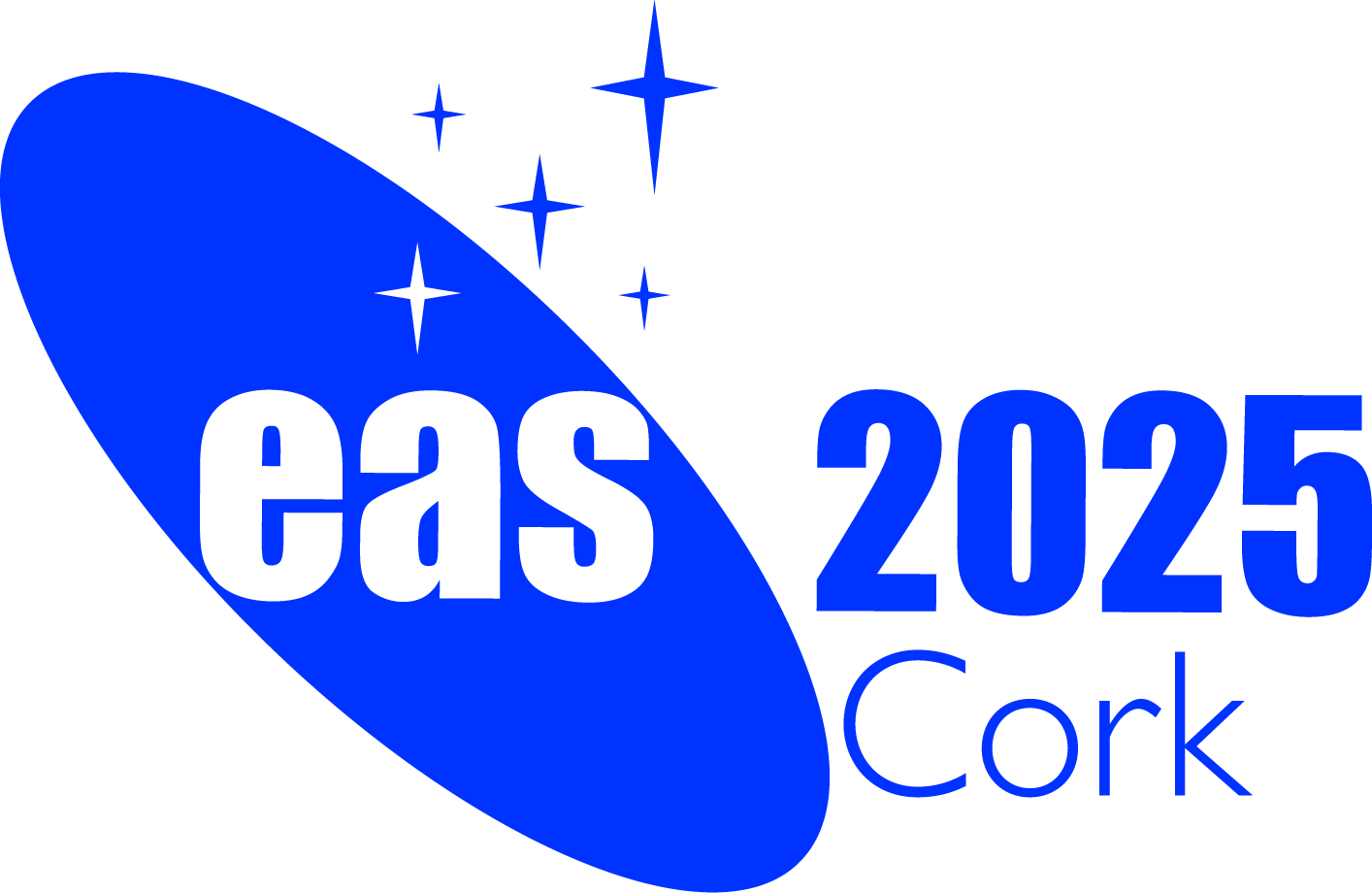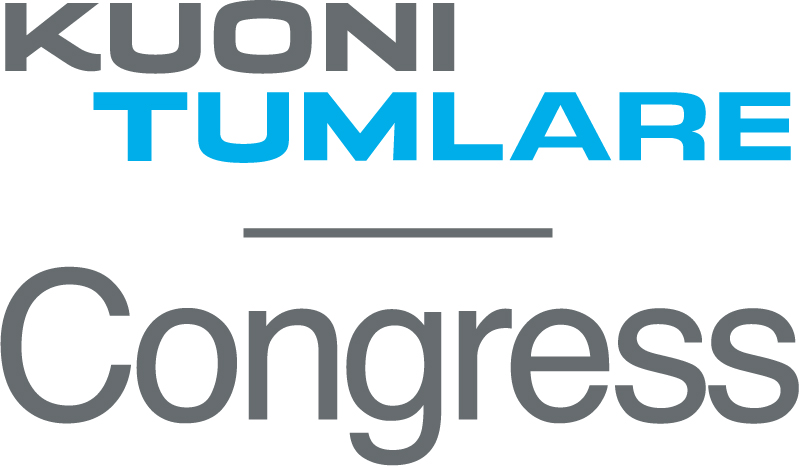Special Session SS5
25 June 2025
The Vera C. Rubin Observatory Legacy Survey of Space and Time: a European pathway from First Look to data flows
Aims and scope
Starting in 2025, the NSF-DOE Vera C. Rubin Observatory will conduct an unprecedented 10-year optical survey of the Southern Sky, the Legacy Survey of Space and Time (LSST). With its 3.2 Gigapixel camera (LSSTCam), Rubin Observatory will capture the entire visible sky every ~3 nights, delivering multi-color ugrizy images of unparalleled depth (r~24 mag; r~27 mag in 10-year stacks), and remarkable photometric and astrometric accuracy.
The survey is expected to characterise 20 billion galaxies, 17 billion resolved stars, 6 million orbits of solar system bodies, with an average number of real-time transient alerts of about 10 million per night. As Rubin Observatory will provide only general-use data products and analysis tools, the development of specialised tools and products is left to the expertise of the community, with the LSST Science Collaborations leading such effort. European scientists are already contributing to Rubin through a variety of in-kind contributions ranging from data and computing facilities to software development. With the imminent start of survey operations and the first science-grade LSSTCam images planned to be released in June 2025, as part of Rubin's 'First Look' event, this session is an opportunity to engage with the wider community and prepare European astronomers for the first data release.
Programme
This session will focus on three main aspects:
- The Rubin Observatory ecosystem and the role of the Science Collaborations. We will address the science enabled by the 10-year Legacy Survey of Space and Time including the four key science pillars: probing dark energy and dark matter, cataloguing the solar system, investigating the transient and variable optical sky, and mapping the Milky Way. The role of LSST Science Collaborations and the European contributions in shaping LSST science will also be discussed.
- Early science with public alerts and synergies with other surveys. We will focus on early science with public alerts, including transient, variable and moving objects, how LSST alert data will flow to the end user, what services are offered by various data access facilities, i.e. 'community alert brokers', and the synergies with photometric, spectroscopic, and time-domain surveys (Gaia, Euclid, Roman, 4MOST, ASAS-SN, ZTF).
- Doing science with Rubin-LSST, together. We will discuss strategies and actions to promote diversity, equity and inclusion, improving data accessibility, education and public outreach within the Rubin community and international collaborations. We will also explore opportunities to engage with Rubin LSST, including research collaborations, data access, and participation in upcoming initiatives.
Invited speakers
TBA
Scientific organisers
- Giada Pastorelli (she/her, co-Chair), University of Padova, Italy
- Matthew Temple (he/him, co-Chair), Durham University, UK
- Federica Bianco (she/her), University of Delaware, USA
- Sara (Rosaria) Bonito (she/her), INAF - Osservatorio Astronomico di Palermo, Italy
- Helmut Dannerbauer (he/him), Instituto de Astrofisica de Canarias, Spain
- Giulia De Somma (she/her), INAF - Osservatorio Astronomico di Capodimonte, Italy
- Dragana Ilic (she/her), University of Belgrade - Faculty of Mathematics, Serbia
- Andjelka Kovacevic (she/her), University of Belgrade - Faculty of Mathematics, Serbia
- Nicolas Lodieu (he/him), Instituto de Astrofisica de Canarias, Spain
- Katarzyna Małek (she/her), National Center for Nuclear Research, Poland
- Ilaria Musella (she/her), INAF - Osservatorio Astronomico di Capodimonte, Italy
- Vincenzo Petrecca (he/him), UniversitÓ di Napoli Federico II, Italy
- Rˇbert Szabˇ (he/him), Konkoly Observatory, HUN-REN CSFK, Hungary
- Michele Trabucchi (he/him), University of Padova, Italy
Contact
For any questions, please contact gpastorelli.astro @ gmail.com and Matthew.J.Temple @ durham.ac.uk
Updated on Tue Feb 11 12:39:19 CET 2025
|

 A power cut will shut down all EAS services on Tuesday, 10 January 2017 starting at 7:30 CET.
A power cut will shut down all EAS services on Tuesday, 10 January 2017 starting at 7:30 CET.

